European Lung Cancer Congress 2023
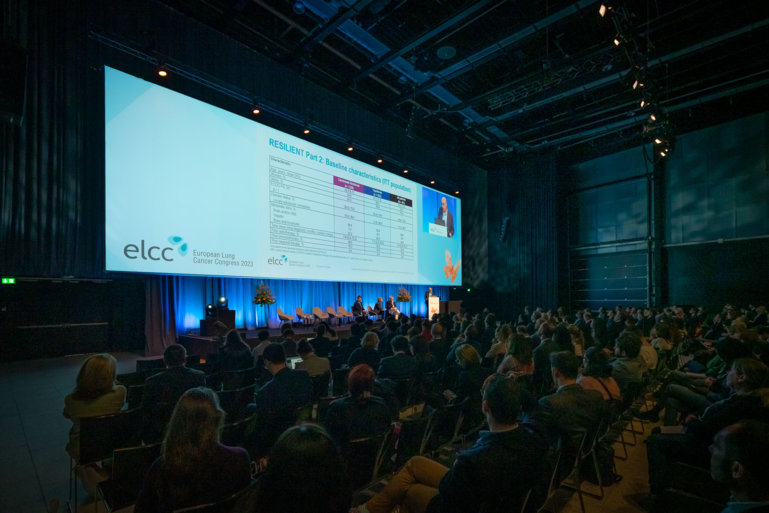
Cemiplimab survival improvements in NSCLC are durable
Extended analyses from two regulatory phase III trials show that the benefits of anti-PD-1-based therapy persist long term, even in patients with brain metastases
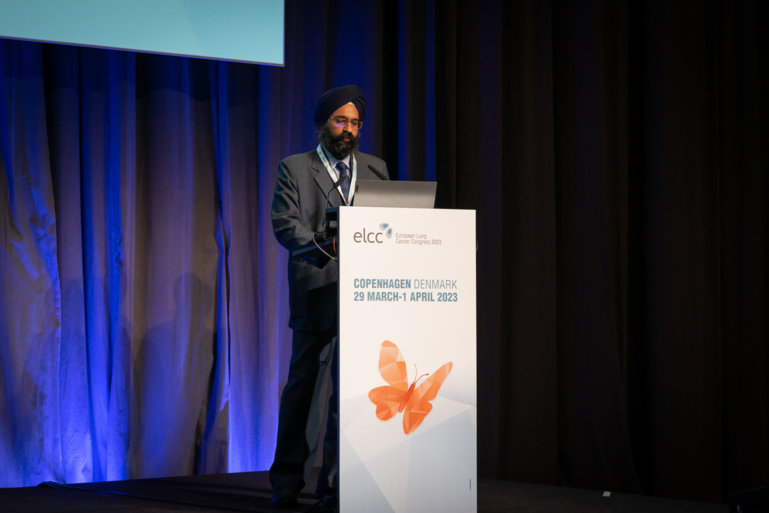
New insights into targeting KRAS G12C mutations in NSCLC
Data from two studies improve knowledge of how to treat patients with a disease harbouring this molecular alteration and how to monitor response to treatment
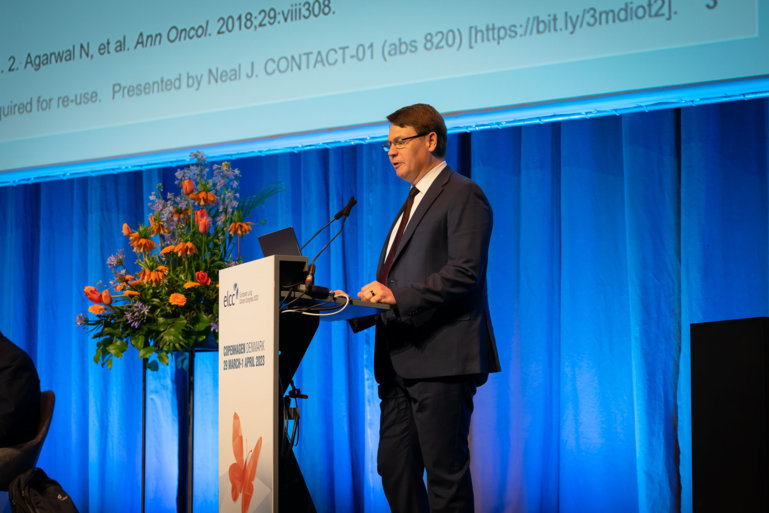
Second-line atezolizumab plus cabozantinib fails to improve overall survival in metastatic NSCLC
Final OS analysis of the phase III CONTACT-01 trial reports negative results for immunotherapy versus docetaxel in patients progressing on checkpoint inhibitors plus chemotherapy

Long-term event-free survival benefits of neoadjuvant nivolumab plus chemotherapy for resectable NSCLC
Additional exploratory analyses of the phase III CheckMate 816 trial reveal that event-free survival at 3 years is not influenced by surgical parameters and suggest that tumour inflammation may be a useful predictive biomarker
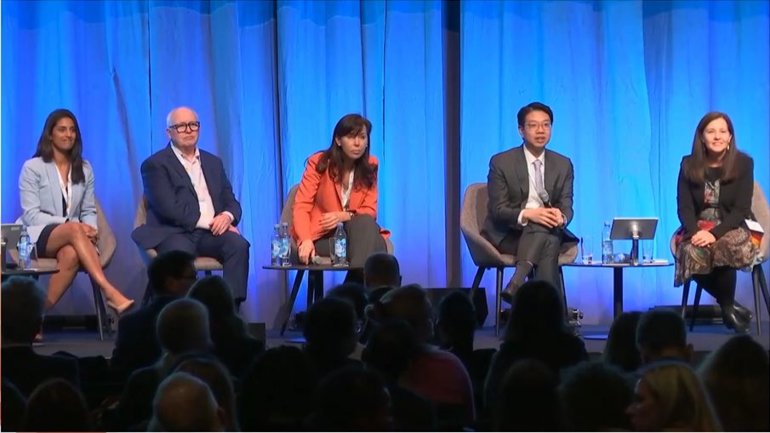
Amivantamab efficacy in pretreated NSCLC with EGFR Exon 20 insertion mutations persists long term
Updated results from the CHRYSALIS trial also suggest a number of biomarkers predictive of sustained clinical benefit with the EGFR–MET bispecific antibody

Sotorasib improved QoL versus docetaxel in previously treated KRAS G12C-mutated NSCLC
Patients consider side-effects of the KRAS G12C inhibitor to be more tolerable and to have less interference on their lives than those due to docetaxel

How can lung cancer prevention and treatment strategies be improved in resource-restricted settings?
The key to overcoming barriers to effective prevention and treatment in resource-restricted settings involves cooperation between multiple organisations, including medical societies, patient groups, pharmaceutical companies and regulatory agencies
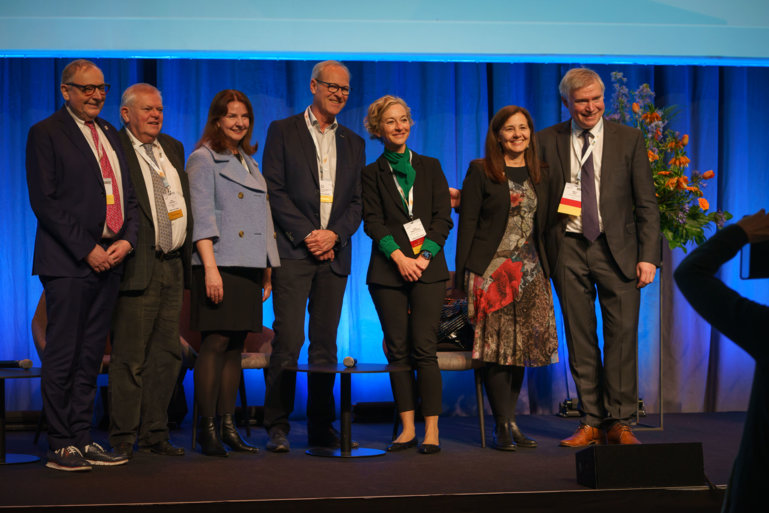
Mesothelioma treatment: from hopeless to hopeful
Recipient of the Heine H. Hansen Award 2023, Prof. Paul Baas charts the course of mesothelioma treatment over the last 30 years and warns that progress has been made only in some areas of the world


